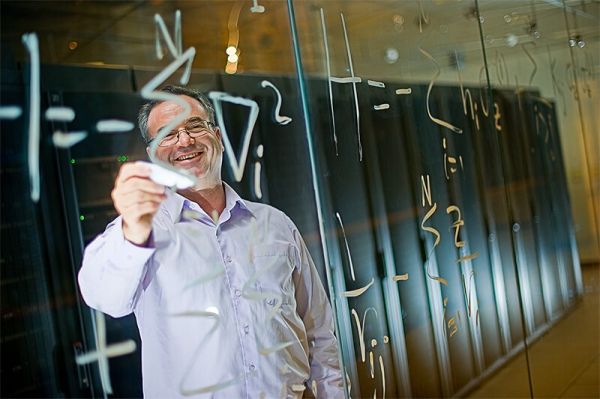In 2019, Google claimed it was the first to demonstrate a quantum computer performing a calculation beyond the abilities of today’s most powerful supercomputers.
But most of the time, creating a quantum algorithm that stands a chance at beating a classical computer is an accidental process, Purdue University scientists say. To bring more guidance to this process and make it less arbitrary, these scientists developed a new theory that may eventually lead to more systematic design of quantum algorithms.
The new theory, described in a paper published in the journal Advanced Quantum Technologies, is the first known attempt to determine which quantum states can be created and processed with an acceptable number of quantum gates to outperform a classical algorithm.
Physicists refer to this concept of having the right number of gates to control each state as “complexity.” Since the complexity of a quantum algorithm is closely related to the complexity of quantum states involved in the algorithm, the theory could therefore bring order to the search for quantum algorithms by characterizing which quantum states meet that complexity criteria.
Read more at Purdue University
Photo: Sabre Kais’ research group at Purdue is developing quantum algorithms and quantum machine learning methods. (Purdue University photo)


